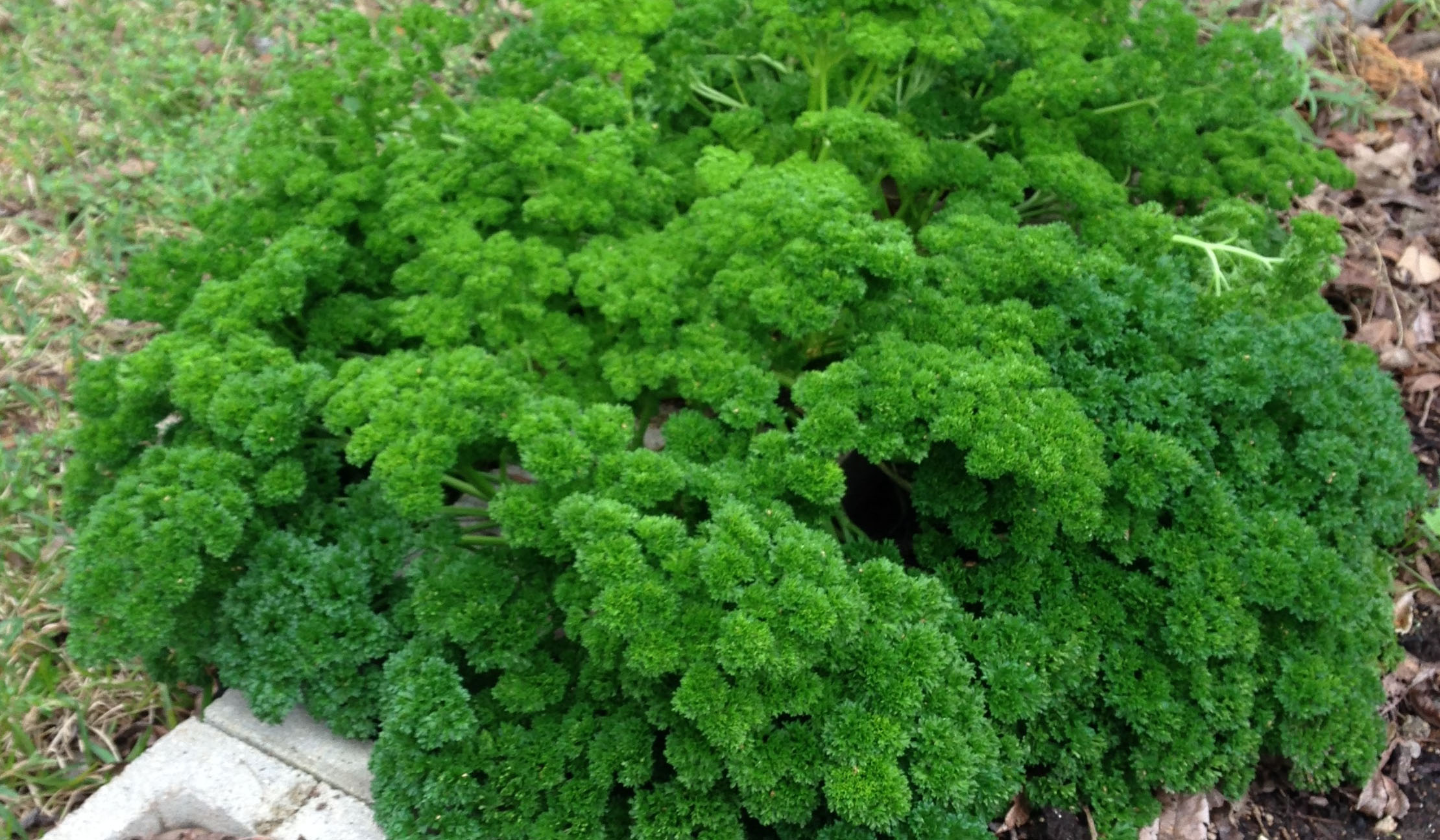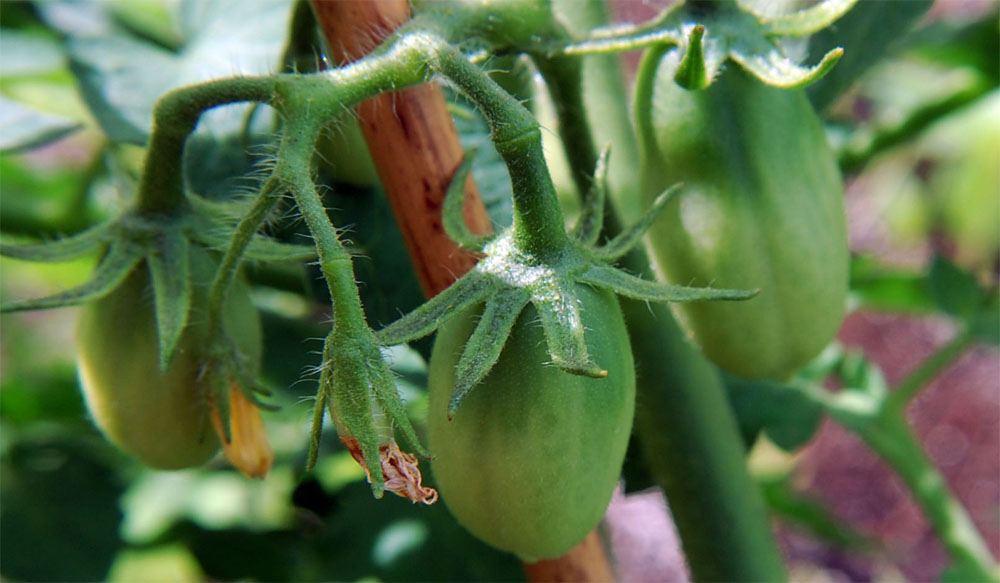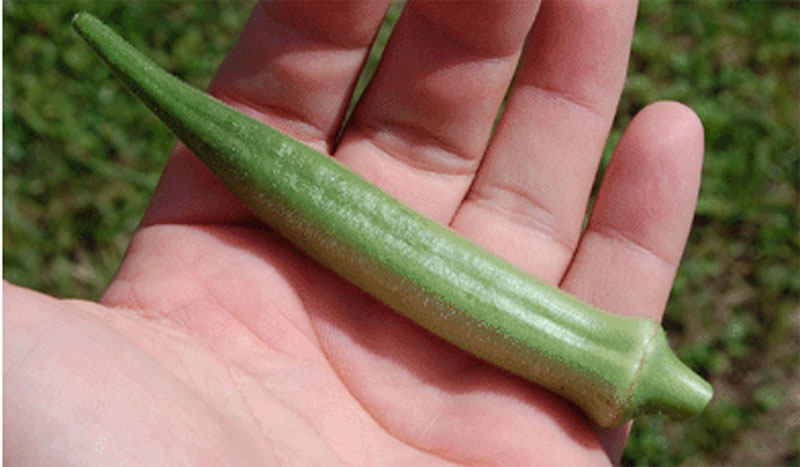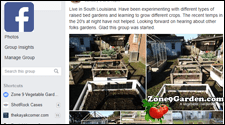This article will focus on herb gardening for beginners, but can also be used as a reference for most gardeners.
Those who live in Zone 9 find themselves in the optimum area for growing herbs. Just about every type of herb can grow in Zone 9 and most of them will thrive. From Basil to Thyme; from Cilantro to Sage and everything in between, herbs do very well in the hot and humid climate that Zone 9 is known for.
Herbs, in general, are one of the easiest crops to grow in the home garden. They only require a fair amount of sunlight, a well-drained soil and enough nutrients. Most herbs are light feeders so they are also a great candidate for growing organically and using only natural fertilizers.
Sun Light
Herbs love the sun. Most herbs are fast growers and the sun provides the energy that hey need to grow. In the heat of the summer, however, too much sun can burn the herbs. When the mid-day temperatures reach 90 degrees or more herbs only require 4 hours a day of direct sunlight. When planning where to plant herbs make sure that they have direct sun during the early morning hours or early evening hours. The herbs should have at least partial shade during the heat of the day.
One option to help keep the herb cool during the heat or the summer is to install shade cloth. Shade cloth is basically a piece of outdoor fabric that allows a predetermined amount of light though to the crops bellow it. Using a PVC pipe structure makes it easy to install and remove at the end of the hot season.
Soil
Herbs like to have a rich, well-drained soil. Many gardens in Zone 9 have a naturally nutrient poor sandy soil that is in need of amendments. For herbs, and most vegetables for that matter, high quality compost is the best amendments that can be added to the soil. To add compost to soil as an amendment all that is needed is a shovel and a little bit of time. Place about a 2-3” layer of compost over the top of the bare soil. Using a shovel dig it in about 5-6”, mixing well.
Another good amendment is peat moss. This will help keep the ph of the soil down a little bit and will also aid in water and nutrient retention. To amend the soil with peat moss just mix it in with compost before mixing into the soil.
Nutrients
Herbs are generally light feeders. They do not require massive amounts of fertilizers like many fruit producing plants do. A well-prepared soil will only need a semi-frequent (once every other week or so) of fresh, high quality compost. Place a shallow layer of this compost on top of the soil where the herbs are growing and water will transfer the nutrients to the roots of the plants.
If a chemical fertilizer is to be used, make sure that it is not to strong and has a bias to nitrogen. Because most herbs are leafy green type plants, the bias to nitrogen will help them grow full, lush green leaves. To learn more about nutrients visit our NPK page.
Water
Herbs do not have any special water requirements. As long as their roots are moist (but not wet) they are happy and will continue to thrive. Watering schedule will vary widely based on weather conditions like heat, wind, humidity and rain. In general the soil should be kept moist down to at least 6” deep and care should be taken not to over water. Growing herbs in the home garden can be quite easy and very rewarding.






Comment here